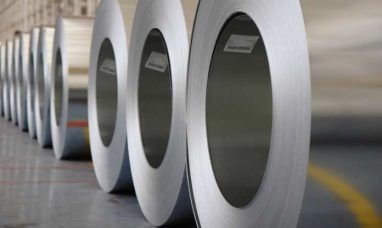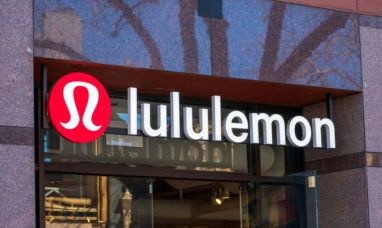The shares of Vinfast (NASDAQ:VFS), the Vietnamese electric vehicle manufacturer, experienced a notable 21% surge on Monday. This surge, which continues from the previous week, has propelled the company’s market value to an impressive $160 billion, more than quadrupling its initial value. After making a remarkable debut on Wall Street this month, Vinfast’s rapid growth in valuation has positioned it as the world’s third-most valuable automaker, trailing behind only Tesla and Toyota.
However, the limited availability of Vinfast’s publicly traded shares has rendered the stock susceptible to volatility. Over the past 12 sessions, the stock has demonstrated fluctuations of over 14%, with significant gains and declines. With a current share price of $83.33, the stock was projected to increase its market capitalization by approximately $33.6 billion.
The activity surrounding Vinfast’s shares has garnered substantial attention on Stocktwits, a popular platform among retail investors. The company’s majority ownership lies with Pham Nhat Vuong, Vietnam’s wealthiest individual and the founder of the parent conglomerate Vingroup. Vuong controls nearly 99.7% of the company’s shares, as indicated in official filings.
Despite the surge in market enthusiasm, Vinfast still faces a considerable journey before it can genuinely compete with Tesla and established automakers who are aggressively investing billions in the electric vehicle market. As of June, only 137 Vinfast EVs had been registered in the United States, according to data from S&P Global Mobility. Additionally, Vinfast’s entry into the U.S. and European markets aligns with a period of decelerating EV demand, accompanied by Tesla’s efforts to retain its dominance through price competition.
While Vinfast aspires to sell up to 50,000 electric vehicles this year, Tesla’s projections reach a staggering 1.8 million car deliveries. To stimulate sales, Vinfast is diverging from Tesla’s direct-to-consumer approach by embracing a dealer network. Simultaneously, the company is investing in the construction of a substantial $4 billion factory in North Carolina.
Featured Image: Unsplash @ Thai Nguyen















